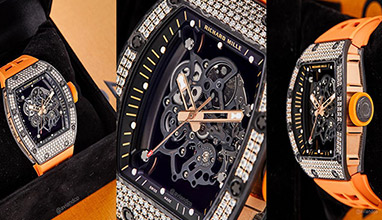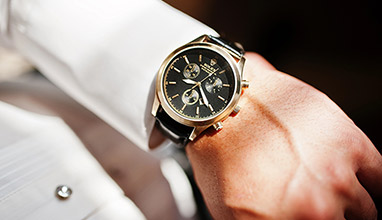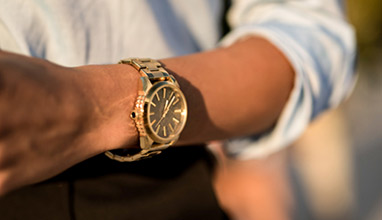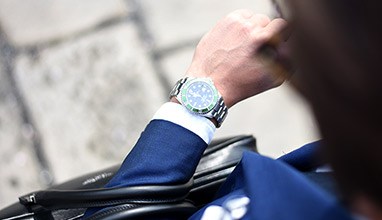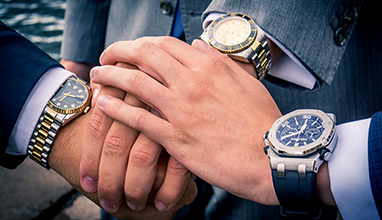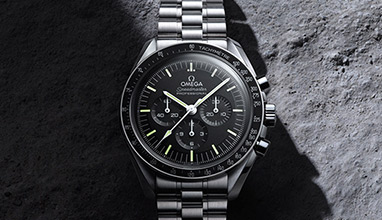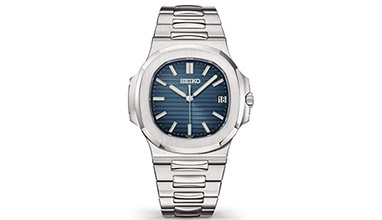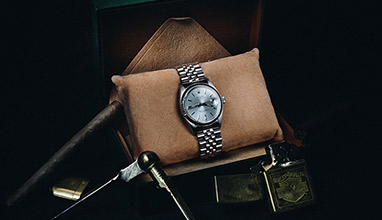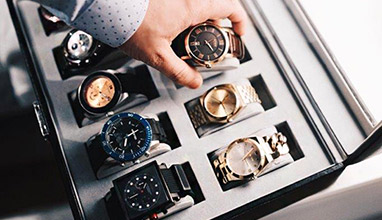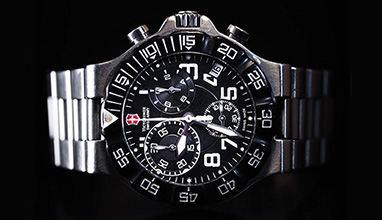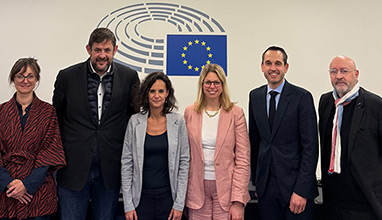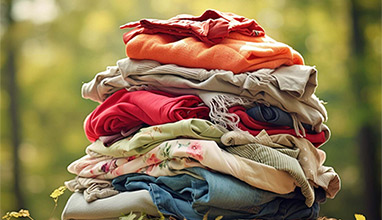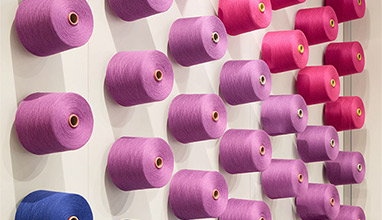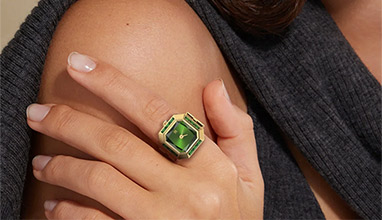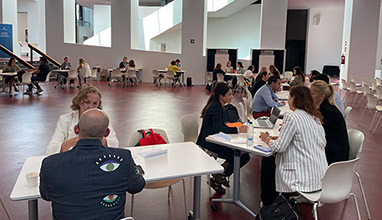How the watch industry is embracing sustainability
We have written a lot about sustainability in the clothing industry. It is time to see how committed is the watch industry to ethical and ecological responsibility.
In 2005 was founded the Responsible Jewellery Council (RJC) with the goal to establish standards for the entire jewelry supply chain - from the extraction of raw materials, through their processing, to the retailing of the merchandise. The aim was to meet the rising ethical demands of consumers and society for fair working conditions and other ethical aspects, as well as ecologically responsible actions. Many watch brands have earned certification from the Responsible Jewellery Council so far. RJC Code of Practices Certification provides its members an evidence of their responsible business practices and is a good basis for a sustainable corporate culture.
When we are speaking about sustainability in the watch world, a central factor is the provenance of the raw materials. In this aspect, the Richemont Luxury Group developed the “Richemont Green Handbook”, which reveals their commitment to assuring the responsible origins of raw materials and to compliance with environmental protection measures.
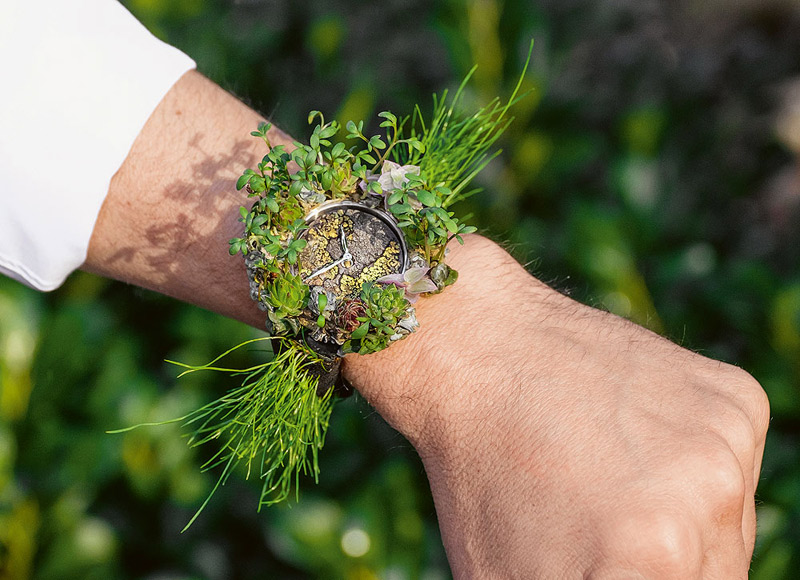
Some brands have taken a number of initiatives in the field of gold and gemstone extraction to act according to standards that are at the same time ethically fair to workers and ecologically responsible to the environment. The Better Gold Initiative (BGI) is a private-public partnership, driven by the Swiss Better Gold Association (SGBA). It is also supported by the Swiss State Secretariat for Economic Affairs (SECO). The goal of the project is to build up simple market mechanisms that honour compliance of producers with standards on labour conditions, traceability, accountability, environmental, social governance and community relations performance. The pilot project aims to develop an innovative supply chain from mines (Peru) to market (Switzerland) and involves interested Swiss refiners and certified producers.
Rolex has three initiatives under Rolex’s Perpetual Planet umbrella. One of them is Perpetual Planet Extreme Expeditions, which has the mission to stand behind scientists, explorers and visionaries who are finding solutions to protect the oceans, studying the effects of climate change, and creating a more sustainable world. The other two are American marine biologist Sylvia Earle’s Mission Blue to protect the oceans, and the Rolex Awards for Enterprise, which supports outstanding individuals who protect the environment.
Nordgreen Copenhagen has three great causes. They partnered with Cool Earth, so that when you purchase a watch, you will preserve 50 sqm of rain forest in Latin America. They also partnered with Water for Good, so that when you purchase a watch, you will give two months of clean water to one person in the The Central African Republic. Their partnership with Pratham UK guarantees that when you buy a watch, you will give one month of education to a child in India. How to do that? Check their Black Friday deals on watches. After you buy one of their watches check your unique serial number on the back of your watch. Next you need to find the Certificate of autenticity inside your watch box. Both of them should be entered on the Nordgreen site, so that you donate part of your purchase to the cause that means the most to you.
Consider longevity when buying your watch
When you buy a high-quality mechanical watch, in fact you invest in a sustainable product. Longer lasting products have the potential to benefit both the economy and society and can compensate for what they lack in cutting edge technology. Longevity is one of the virtues of traditional watchmaking and in fact a mechanical watch can last for generations. The Omega Seamaster and the Rolex Submariner Date are the finest examples of this.
Recycling your watch
There is a program being set up, which asks for donations of old wearables, bands and chargers, which are redistributed to ‘underserved populations’. It is called RecycleHealth. Another similar project is WEAR Sustain, whose goal is to develop best practices for enabling, facilitating, and growing the Europe-wide wearable technology, smart and electronic textiles network, for collaborations and innovations between artists, designers, technologists and engineers working on ethical and sustainable solutions and technologies for a better future.
As you see, there are plenty of initiatives on sustainability in the watch industry, but still a lot more can be done. However, one thing is for sure - there is an increasing demand for fair and ecologically responsible watches and customers are setting high standards - especially high for the companies in the luxury industry.
Photo:
H. Moser & Cie. presented at SIHH in 2019 a watch covered with real plants
Hits: 7590 | Leave a comment





